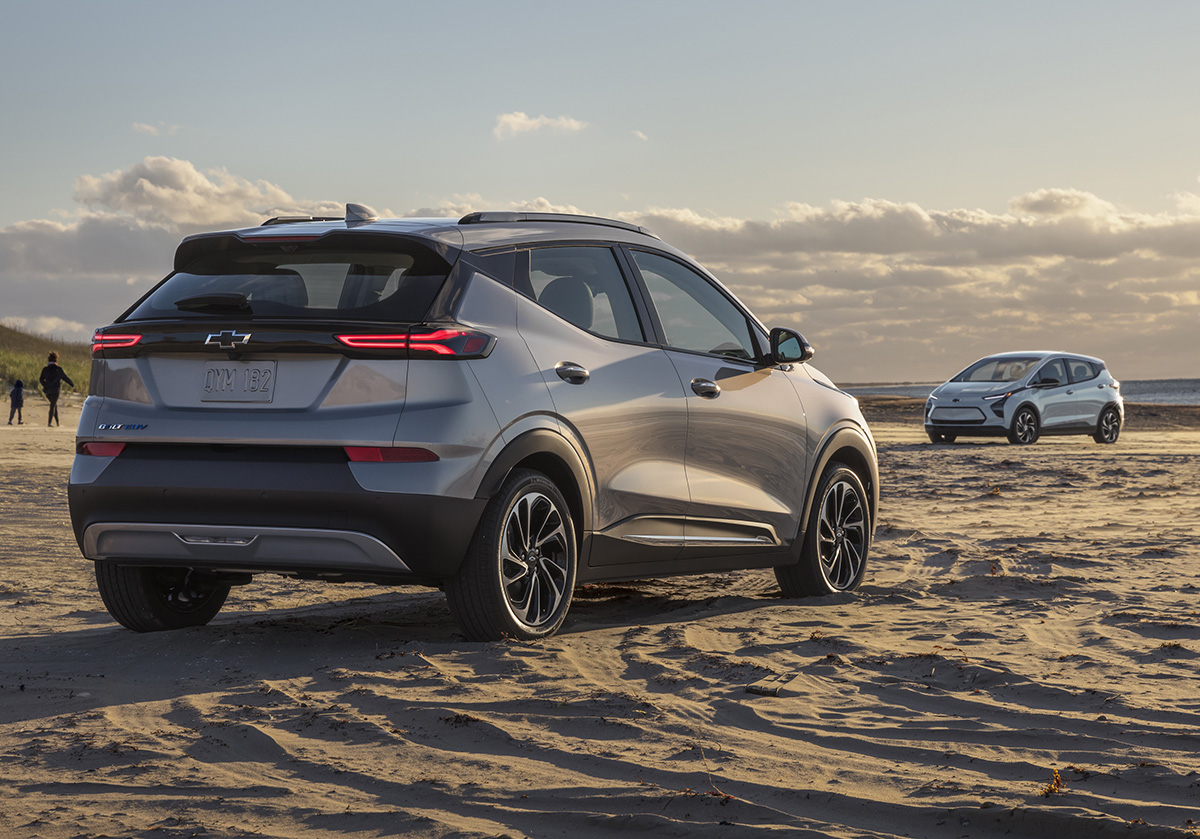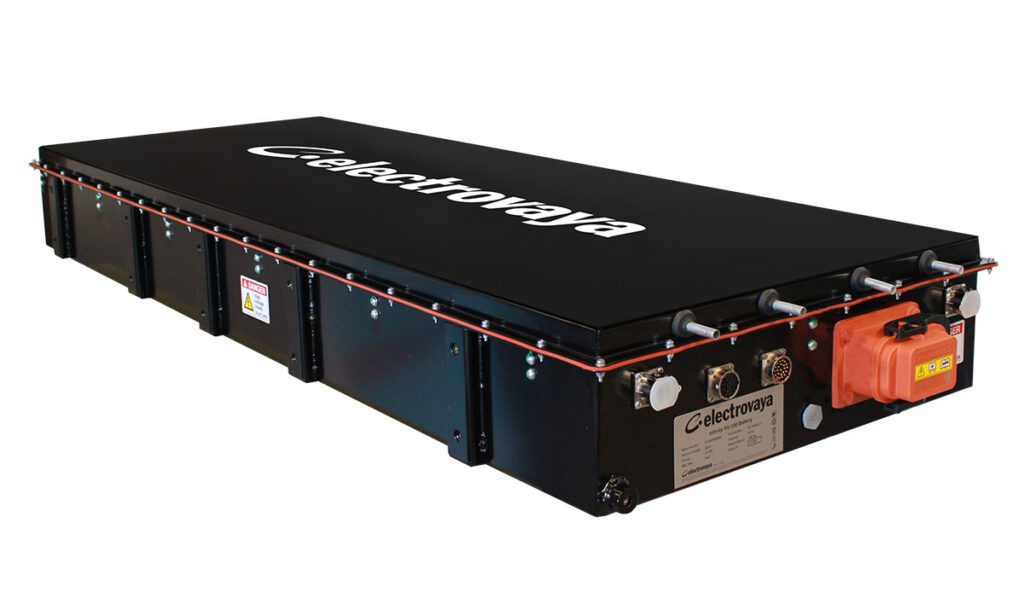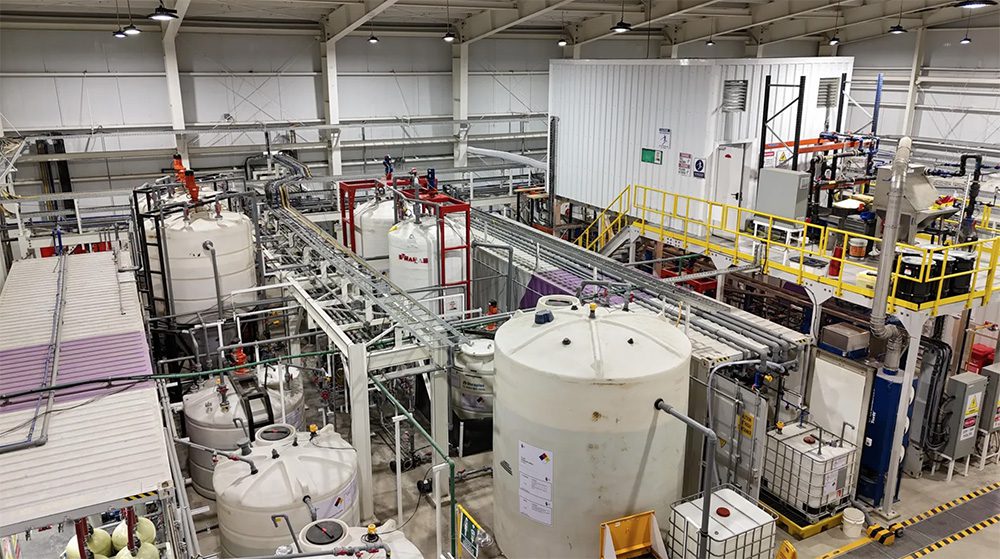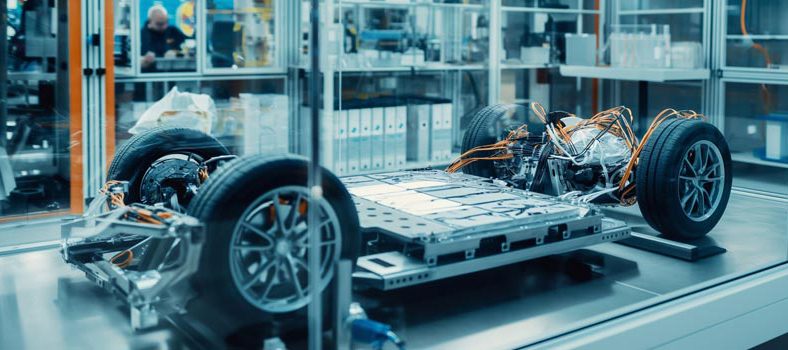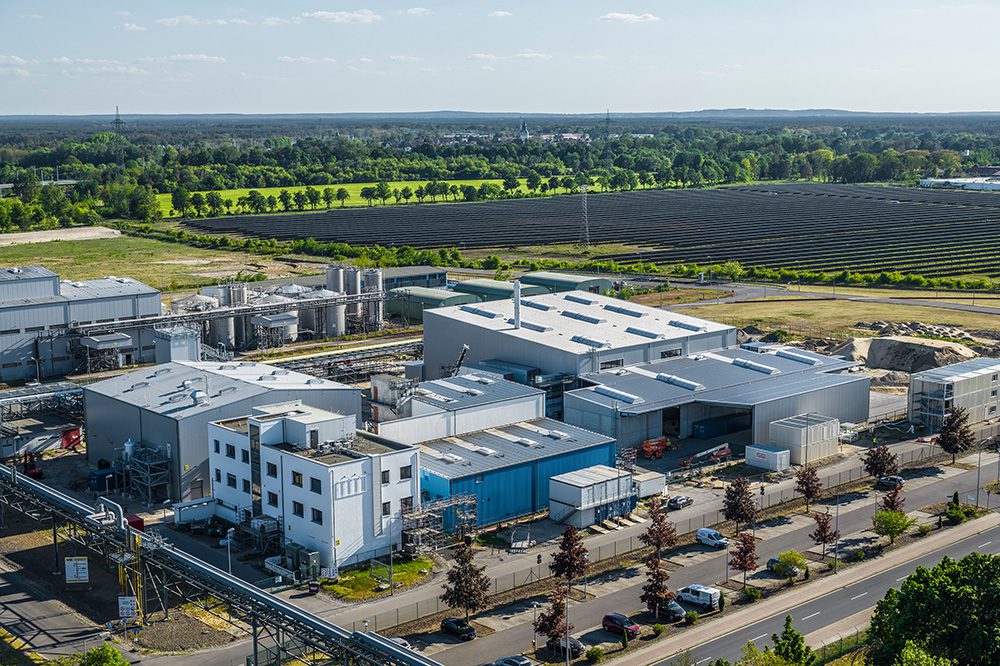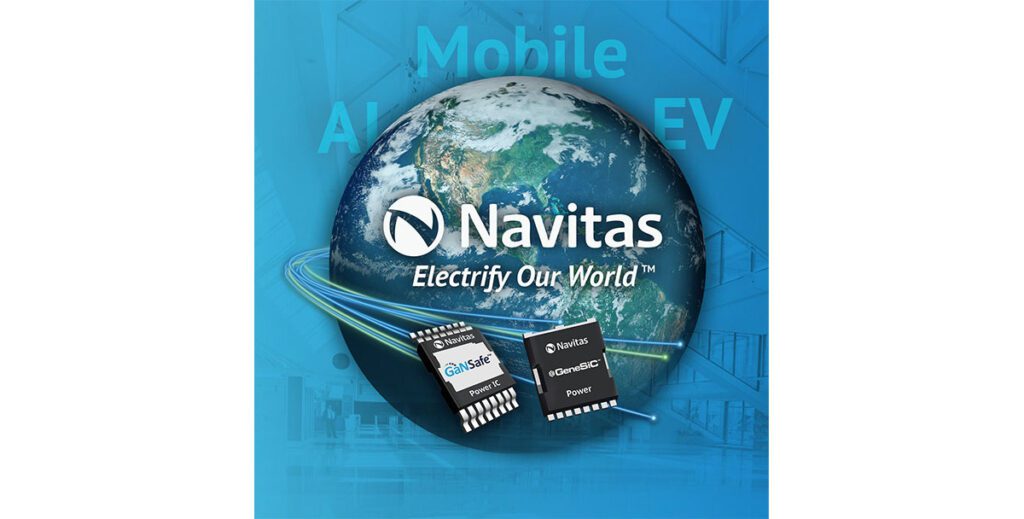The Chevy Bolt battery recall is bad news for GM, and for the EV industry. Every single Bolt EV and Bolt EUV is now under recall because of a potential battery defect that could cause a fire. Roughly a dozen fires have been reported, but no injuries or deaths to date. The three separate recalls are expected to cost GM about $1.8 billion.
What’s wrong with these batteries, and what can Bolt owners do about the situation? John Voelcker spoke with a battery engineer for an explanation of the problem, which he recounts in a recent article in Car and Driver.
Last November, GM identified thousands of Bolt EVs from model years 2017 through 2019 that might have defective cells. In July, it announced another recall after its engineers identified two possible problems that could, in rare cases, afflict the same cell. In August, out of “an excess of caution,” GM extended the recall to every Bolt on the road—some 141,000 vehicles. All Bolt production and sales have been suspended.
GM has pledged to replace any defective cells, but won’t commit to a schedule until it’s sure it has identified the problem. In a (hopefully unlikely) worst-case scenario, replacing all 141,000 battery packs would require GM to source some 8.4 GWh worth of new cells.
The cells used in the Bolt came from LG Energy Solutions, and two manufacturing defects have been found in cells produced in both Korea and Michigan: a torn anode tab and a folded separator. In rare cases, the two defects may be present in the same cell, increasing the chance of a fire. GM told Bloomberg its modules are “passive propagation resistant,” so a fire in one module should not spread to adjacent modules. Even so, even a minor battery fire can cause plenty of damage, both to a vehicle and to a corporate reputation.
John Voelcker asked Haresh Kamath, Director of Distributed Energy Resources and Energy Storage at the Electric Power Research Institute, for some details of what went wrong. Kamath explained that neither of the faults identified by GM should cause cell failure by itself, but if both occur within the same cell, the combination could create a point of failure.
How could a problem like this come up only after 141,000 Bolts have been sold? Kamath suggests that it could have been a defect in the manufacturing process that caused defects to occur at a higher rate than expected. Or, some combination of specific vehicle use cases may cause the pair of faults to produce a short within the cell.
Could the same defects be present in LG cells delivered to other carmakers? Hyundai recalled 82,000 LG-equipped EVs earlier this year because of a fire risk. The Detroit News reports that the National Highway Traffic Safety Administration (NHTSA) has asked LG whether any other EVs could be affected.
GM has advised Bolt owners to: limit their state of charge to 90 percent, using Target Charge Level mode; avoid depleting their battery below 70 miles of range; and not leave vehicles charging indoors overnight.
Bolt owners can visit Chevrolet’s Bolt recall site, call the Chevrolet EV Concierge at 833–EVCHEVY, or contact their local dealer.
Source: Car and Driver







